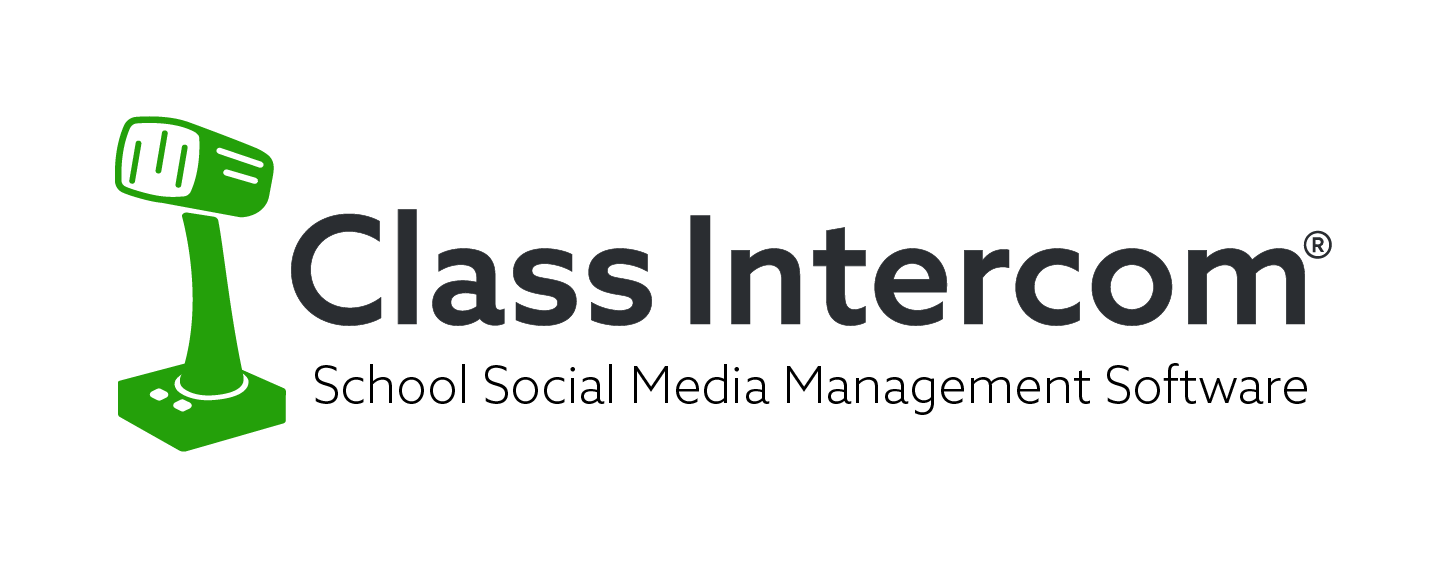My PR ABCs
Compiled by Gerri Allen with inspiration from her colleagues, upon the receipt of a Life-Time Achievement Award, at the Michigan School Public Relations Association (MSPRA) Conference on 10/20/05. Thank you for this awesome honor! Here’s a summary of what I’ve learned from you—my teachers, colleagues and friends—over the years:
A nticipate: Parent concerns….staff reactions….student views….administration issues…board needs…media questions. One indicator of an excellent PR program is the complaint that doesn’t surface or the story that doesn’t get reported… (Who says our work is hard to measure?)
B e thankful: for meaningful work, for spell check, for people who find the mistakes in your prose—before or after printing, for those who watch your back. (Thanks for watching mine.)
C ommunicate. Put it in the newsletter. Post it on the web. Write a news release. Send an e-mail. Leave a voice mail. Produce a memo. Then, patiently explain it to the one who says, “no one ever told me about it.”
D o the right thing. Always be the conscience of the district.
E xercise your role as PR Counselor. Knock on the door until it’s opened. Speak until you’re heard. To paraphrase Edward L. Bernays, the father of modern public relations: We’ll know we’ve arrived, when our PR counsel is taken as seriously as that of an attorney’s.
F ind help. Ask any MSPRA member, for anything, anytime. (Thank goodness for our listserv!)
G o home. Work is rewarding but family is irreplaceable. One night a week, go home when everyone else does. Then your family can see you in person, not just on the evening news.
H ave fun. As you know from my e-mails, Katherine Graham, the late publisher of the Washington Post once said, “To love what you do and feel that it matters—what could be more fun?” (I agree.)
I nvoke clarifying questions: Who’s the audience? What’s the purpose? What resources do we have? Who will be responsible? Don’t proceed until you get the answers.
J oin MSPRA and NSPRA (National School Public Relations Association). Participate beyond conferences. Share your input, opinion, and expertise. Do it for the children. Do it for the district. Do it for yourself.
K now that the best surprise is no surprise. I’ve learned that you shouldn’t surprise your boss with new information at a committee meeting; or surprise your staff with changes by announcing them first in the newspaper. (Save surprises for birthdays and awards.)
L earn bit by bit. Pay attention to that seemingly ‘unrelated’ presentation. Note that factoid shared at a meeting’s end. You never know when it could come in handy. In this day and age of 24-hour news coverage and the expectation of 24-hour customer service, recalling a critical bit of information at the right time can save your PR bacon. (Think of them as bacon bits…)
M entor someone. You’ll be surprised at what you discover about yourself, your job and your profession. It’s been said, “We teach what we most need to learn.”
N ever sacrifice a relationship to be right. PR is building personal relationships. (We learned this from Pat Jackson.) And, we can’t afford to sacrifice any of them. As my Winkelman’s manager once advised, “Never close a door behind you…because you never know when you’ll need it open.”
O rganize your day. But plan for emergencies.
P roofread other’s work—not your own. Note: To prevent a CLM (Career-Limiting Mistake)—NEVER proofread your own work in the wee hours of the morning. [Bonus: P ray…for guidance, energy, insight, energy, patience, energy, wisdom, energy, enthusiasm, energy, and, of course, energy.]
Q uantify your work. Use data to support strategies. Cite surveys, research and trends. Consider all inputs. (Remember PR is a blend of science, art and instinct.) Then, go with your gut.
R emain humble. In our business, this has a way of taking care of itself.
S peak the truth…quickly, unfailingly, always. Spinning just makes you dizzy.
T ell people when they do a good job. We all benefit from genuine, specific praise.
U se the RACE formula. Research. Analyze. Communicate. Evaluate. It works.
V erify the facts. Then ask an uninvolved colleague to double check them.
W rite. Then edit, edit, edit. Clear, concise writing is the product of good editing. Mark Twain once wrote to a friend, “Sorry for the long letter. I didn’t have time to write a short one.”
X erox ™ a copy. Answer a phone. Get someone coffee. Do whatever it takes to deliver dynamite, customer service. (Others take their cues from you.)
Y earn for fairness. But know that life and the media aren’t always fair…..
Z ealously support public education. (See letters A-Y, above.)
And, now, create your own ABCs by sharing with each other and continuing to do good work. Bless you all!







